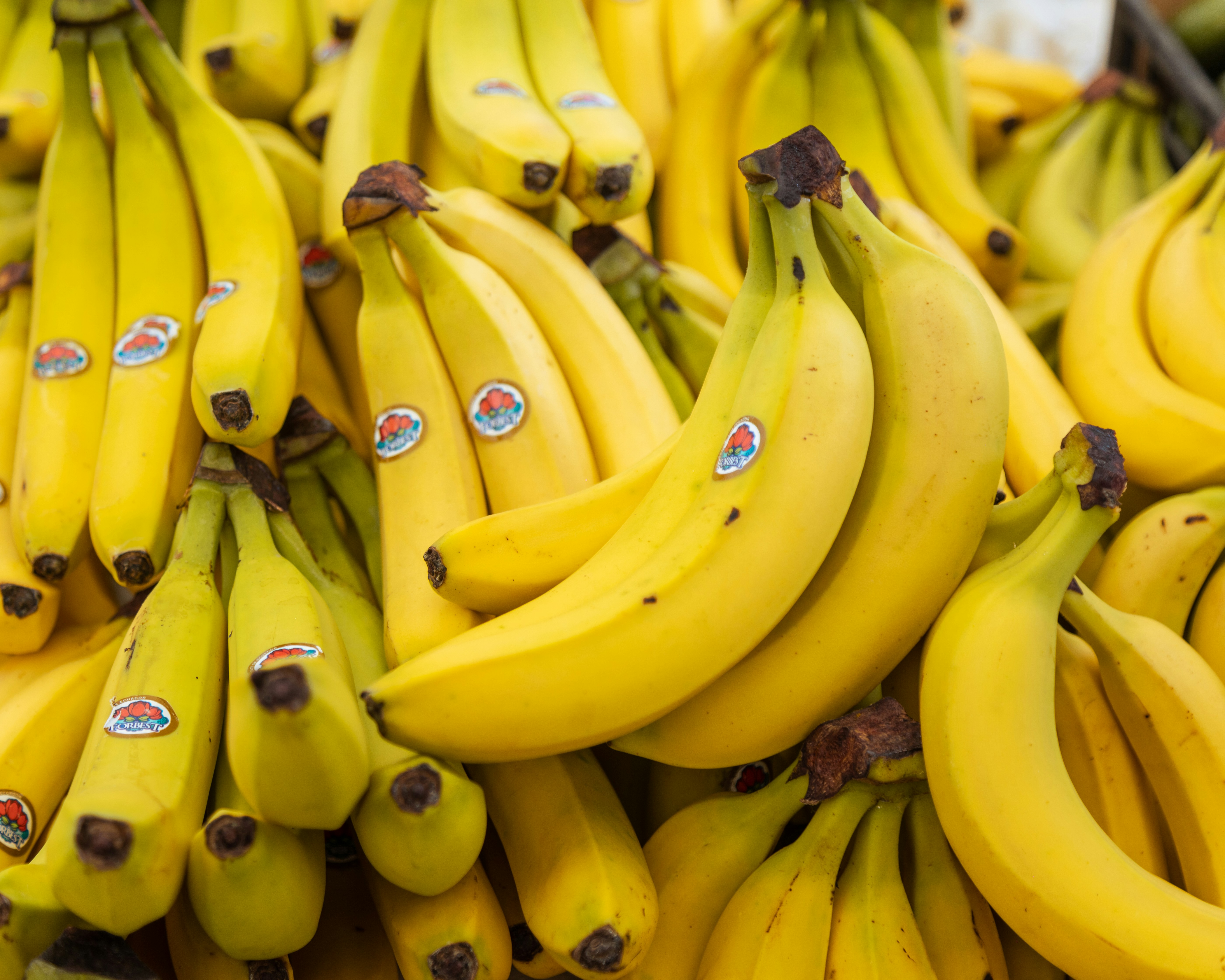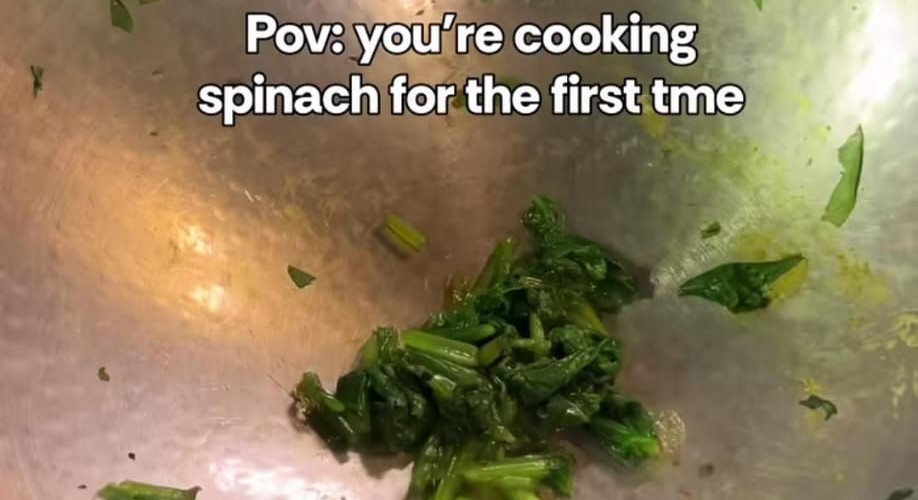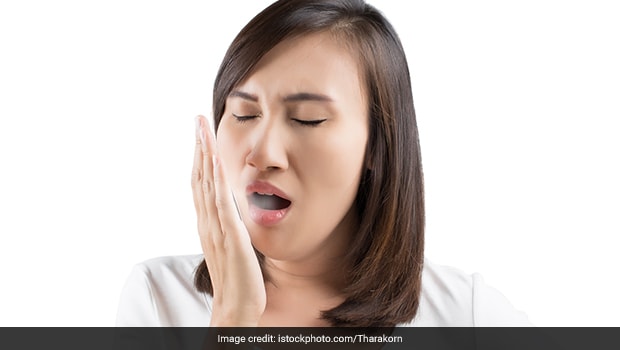Picture this. You have to meet someone important and also quickly tuck in your lunch. You eat whatever is available and show up just in time, except that your breath gives away your lunch menu! Now, that’s not the kind of conversation starter you were looking for. While daily activities like brushing your teeth twice, rinsing your mouth after a meal and flossing regularly are integral to good oral hygiene, sometimes bad breath could be linked to your diet and the last meal you took. Some foods can taint your breath for much long after you have had them. This is often caused due to halitosis. So the bacteria that resides in your mouth feasts on the food particles and dead cells which causes bad breath. Here are some foods that could be resulting in that foul smelling breath. 1. Garlic
Despite Garlic’s many health benefits, this doesn’t come as a surprise. Garlic has a long-standing reputation for causing bad breath and you have to blame its high sulphuric content, that lingers in the mouth for long, for the foul smell it leaves in its wake. The smelly sulphur is further absorbed in the bloodstream (while digestion), which makes inroads to your lungs, and is expelled as you exhale.

2. OnionsJust like garlic, the odour of onions stay long after you are done eating them. The sulphuric compounds present in the onion get absorbed into your bloodstream and gives out its traces as you exhale. If possible, floss and rinse your mouth thoroughly after you have had onions to get rid of the bad breath.
 onions3. CoffeeCan’t live without coffee? You might want to hear this out. Coffee is a natural dehydrator; and excess of it can leave you with a parched mouth which creates a favorable environment for the growth of oral bacteria. The dehydrating effect of coffee reduces the flow of saliva, which hinders the washing down of these oral bacteria. These bacteria then linger in your mouth for long and cause bad breath. Drinking water after short spurts of time can help wash down these bacteria and cut down the foul smell significantly.
onions3. CoffeeCan’t live without coffee? You might want to hear this out. Coffee is a natural dehydrator; and excess of it can leave you with a parched mouth which creates a favorable environment for the growth of oral bacteria. The dehydrating effect of coffee reduces the flow of saliva, which hinders the washing down of these oral bacteria. These bacteria then linger in your mouth for long and cause bad breath. Drinking water after short spurts of time can help wash down these bacteria and cut down the foul smell significantly.
 coffee is a natural dehydrator
coffee is a natural dehydrator
4. Tuna Fish, especially the protein packed Tuna, have long been associated with bad breath. Seafood starts smelling sour and foul with time as it reacts with the acid present in the mouth. You can pop a mint gum or tablet right after your meal or slash some vinegar on the fish before digging in, this prevents the oxidized odour. tuna5. DairyA tall glass of milk may do wonders for your body and overall health but excess of it may leave you with bad oral odour. The naturally occurring bacteria around the tongue feed on the amino acids found in milk and cheese, which can result in a foul smell from the mouth. But that doesn’t mean you toss milk or other dairy from your diet completely. Follow it up with a glass or two of water and your breath is back to smelling fine.
tuna5. DairyA tall glass of milk may do wonders for your body and overall health but excess of it may leave you with bad oral odour. The naturally occurring bacteria around the tongue feed on the amino acids found in milk and cheese, which can result in a foul smell from the mouth. But that doesn’t mean you toss milk or other dairy from your diet completely. Follow it up with a glass or two of water and your breath is back to smelling fine.
 You need not eliminate these foods from your diet, with a little moderation and a little caution you can avoid bad breath. Rinsing your mouth after every meal is an age-old advise that we must practice throughout our lives. Brushing your teeth twice a day and flossing once to remove all possible remnants of the meal can ensure that you are never left in an embarrassing position. Drinking water regularly also helps keeping the oral bacteria at bay.
You need not eliminate these foods from your diet, with a little moderation and a little caution you can avoid bad breath. Rinsing your mouth after every meal is an age-old advise that we must practice throughout our lives. Brushing your teeth twice a day and flossing once to remove all possible remnants of the meal can ensure that you are never left in an embarrassing position. Drinking water regularly also helps keeping the oral bacteria at bay.
Despite Garlic’s many health benefits, this doesn’t come as a surprise. Garlic has a long-standing reputation for causing bad breath and you have to blame its high sulphuric content, that lingers in the mouth for long, for the foul smell it leaves in its wake. The smelly sulphur is further absorbed in the bloodstream (while digestion), which makes inroads to your lungs, and is expelled as you exhale.
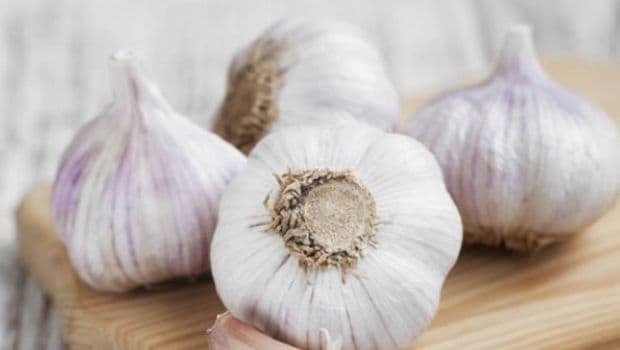
garlic has a long-standing reputation for causing bad breath
2. OnionsJust like garlic, the odour of onions stay long after you are done eating them. The sulphuric compounds present in the onion get absorbed into your bloodstream and gives out its traces as you exhale. If possible, floss and rinse your mouth thoroughly after you have had onions to get rid of the bad breath.
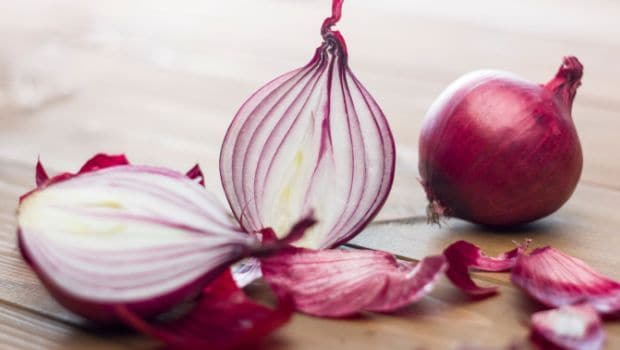
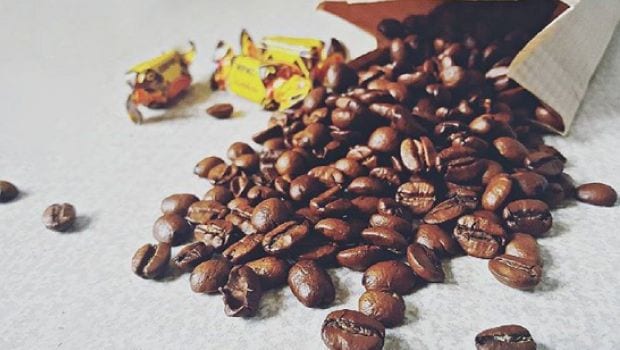 coffee is a natural dehydrator
coffee is a natural dehydrator4. Tuna Fish, especially the protein packed Tuna, have long been associated with bad breath. Seafood starts smelling sour and foul with time as it reacts with the acid present in the mouth. You can pop a mint gum or tablet right after your meal or slash some vinegar on the fish before digging in, this prevents the oxidized odour.
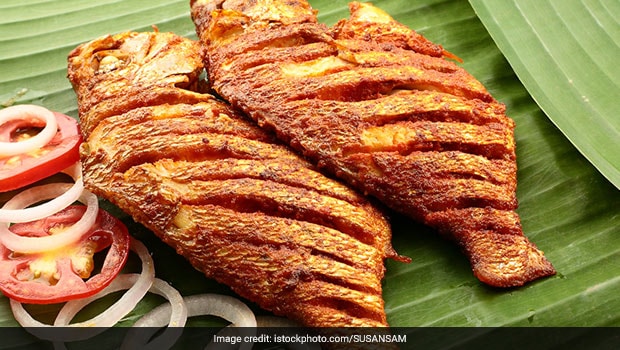
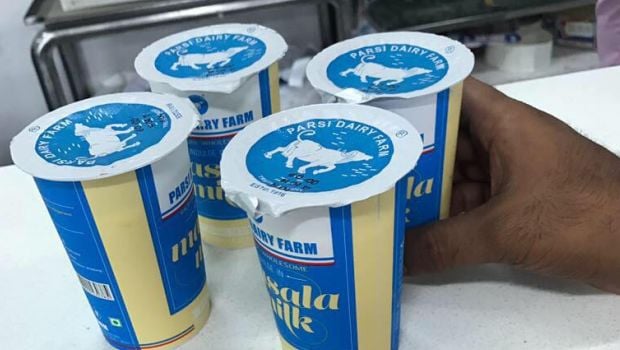
dairy may leave you with bad oral odour
Advertisement
About Sushmita SenguptaSharing a strong penchant for food, Sushmita loves all things good, cheesy and greasy. Her other favourite pastime activities other than discussing food includes, reading, watching movies and binge-watching TV shows.

